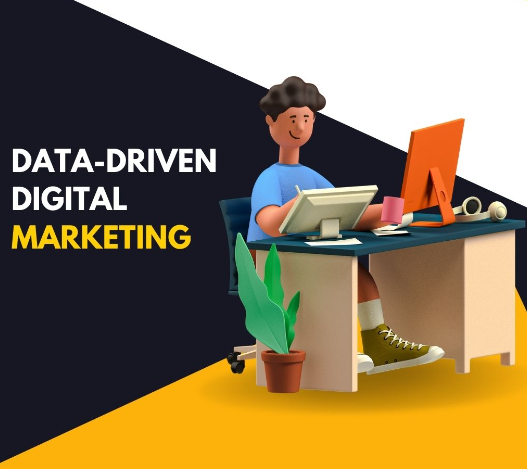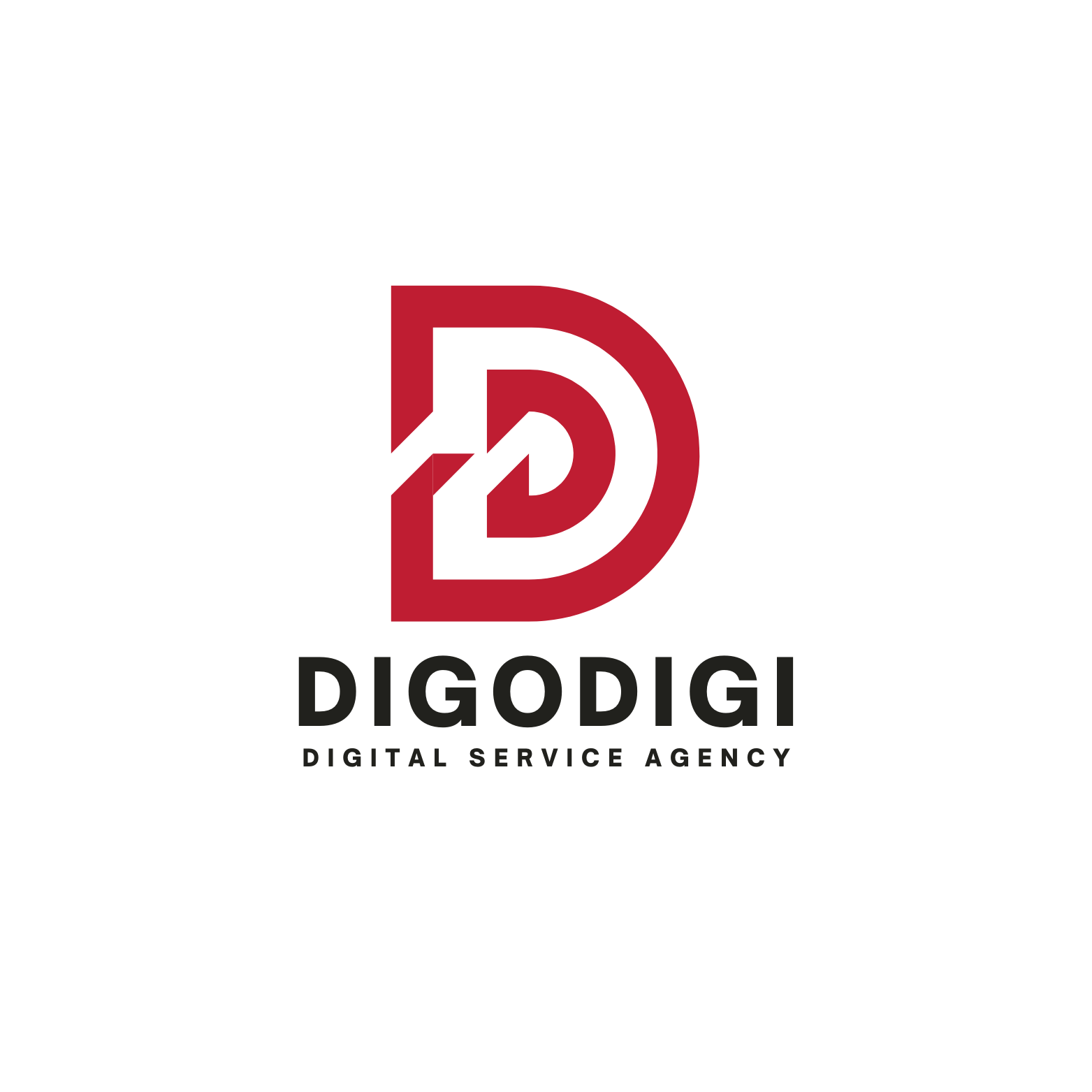What Is Data-Driven Marketing?
Every marketing decision is based on data. Marketers depend on data to better understand their customers and develop specific messages that resonate.
Data-driven Marketing is the statistical method of forecasting analytics, data-driven marketing is based on statistics, data, and algorithms. It allows your company to make data-driven decisions that are more likely to succeed, but it provides you with solid facts to support your choices.
Data collection is only the beginning of data analysis, which will uncover insight into the customer’s behavior based on the collected data.
Marketers can use this data to determine what products or services they should offer. They can also decide which segments of customers are most likely to respond to a particular marketing campaign.

The Role of Data in Marketing
In recent decades, the marketing industry has undergone significant changes. Since the popularity of online retailers has increased, marketing professionals have utilized data gathered from internet-based activities in order to develop advertisements and other content that are targeted to the interests of their customers.
As a result of the Internet, businesses of all sizes have access to an unprecedented amount of consumer information. This information makes it possible to determine what types of products consumers prefer.
The use of data allows companies to determine how consumers respond to specific messages when they are presented with them. Today, marketing professionals have access to individuals’ data through tools such as Facebook Connect and data aggregators that collect data from several social media platforms.
In order to reveal the story of an individual’s purchases, data can be analyzed. Products that are most frequently purchased by those who have spent a significant amount of money are included in this category. Additionally, it can reveal that consumers with children purchase more products than those without children. It is through this information that businesses are able to gain a deeper understanding of how to connect with their customers.
Data-Driven Marketing vs Traditional Marketing
Traditional marketing can be costly and can result in a waste of money if it is not done properly. Data-driven marketing eliminates the risk that comes with traditional marketing strategies since it has fast feedback loops that permit you to compare various demographics against one another prior to making any adjustments.
This means that data-driven marketing can allow you to determine which strategies will work best for certain groups, particular objectives, seasons of the year, and so on. This allows you to save time trying to figure out what is the most effective strategy for your business.
A data-driven marketing method is generally referred to as a data-based marketing method. It has a vast amount of data and is known for providing customers with a better experience. As a result, there is a higher possibility that they will buy from you again in the future. As a result, data-driven marketers can connect more effectively with their intended audiences than traditional marketers since data analytics enables them to customize their communications.
What is The Difference Between Data-driven Digital Marketing and Digital Marketing?
Even though digital marketing and data-driven digital marketing are closely related, data-driven digital marketing is vastly different from traditional digital marketing.
Data-driven digital marketing involves using data, analytics, predictive analysis, and insights to effectively reach your target audience with the right message at the right time. A traditional digital marketing strategy is more “broad strokes” in nature and does not always achieve the desired results.
In digital marketing, products and services are advertised using the internet and internet-based technologies, such as mobile phones, desktop computers, and other online media. Where Data-driven marketing aims to create efficient and targeted advertising campaigns and media purchases based on customer data. It is among the most revolutionary changes in digital advertising that have ever been seen.

Data-Driven Digital Marketing VS Digital Marketing?
1. Using Data
The primary difference between data-driven digital marketing and traditional digital marketing is the use of data. Digital marketers rely on statistics, customer profiles, competitors’ actions, and industry trends, as well as other quantitative information, to make decisions about campaigns. However, traditional digital marketers often rely on instinct or experience when making campaign decisions.
2. Understanding Your Market
Another key difference between data-driven and traditional digital marketing is understanding your market. Using a data-driven approach gives you the power of understanding who your customers are and what they care about so that you can tailor content, campaigns, and offers directly to them in order to increase conversion rates.
3. Optimizing Efforts
Data-driven digital marketers also have the advantage of continually optimizing their efforts. With data analysis, it is possible for them to set up automation processes that allow for the tweaking of campaigns based on real-time performance metrics so they can quickly shift resources and focus where needed in order to maximize profits from each individual campaign.
4. Leveraging Insights
Data-driven marketers also gain valuable insights into customer behavior by leveraging various analytics tools such as Google Analytics or Adobe Analytics which can provide actionable insights into website visits, consumer trends, and competitor activity among other metrics that allow you to create segmented audiences and closely monitor how individual campaigns perform across these segments giving you even more control over how resources are allocated for maximum ROI potential.
5. Automating Tasks
Last but not least, using a data-driven approach allows you to automate many tasks while still maintaining direct control over campaigns through detailed analytics in most advertising platforms (e.g., Facebook Ads Manager). By automating routine tasks, more time can be spent on strategy, and labor costs associated with manually managing campaigns or using outdated tools and techniques can be reduced.
In conclusion, while conventional digital marketing and data-driven digital marketing can help businesses reach potential customers online through effective campaigning activities, there are distinct advantages to using a data-driven approach over traditional methods of online advertising.
As technology continues to evolve at a rapid pace and consumer behaviors continue to evolve accordingly, deploying strategic solutions such as machine learning algorithms will become increasingly relevant. This is a result of capturing valuable insights into customer intent and delivering relevant messages across multiple applications and platforms. This will ensure targeted & engaging results and increase ROI from campaigns across any given market segment.
